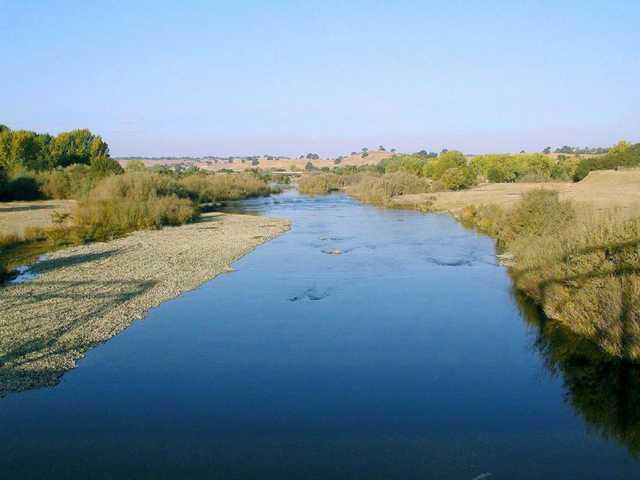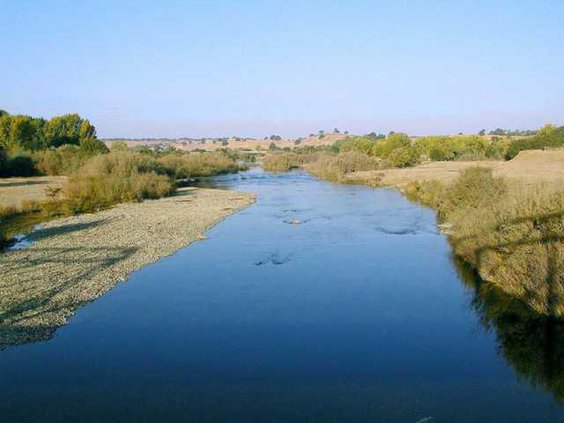Assemblymember Adam C. Gray (D-Merced) chastised the State Water Resources Control Board yesterday for arguing that the harm caused by the Bay-Delta Plan to the drinking water of disadvantaged communities is not “significant.” Gray’s comments came as his legislation, Assembly Bill 637, cleared the Assembly Environmental Safety and Toxic Materials Committee with bipartisan support.
In response to criticism that the Bay-Delta Plan ignores impacts to disadvantaged communities, the State Water Board issued a master response arguing that because the board is not a federal agency it does not have to consider impacts to these communities significant.
“The State Water Board should play by the same rules that the federal government has followed since 1994 when President Clinton issued an executive order prohibiting federal agencies from discriminating against and ignoring impacts to low income and minority communities,” said Gray. “Any rational person would agree that advancing a plan which devastates impoverished neighborhoods, degrades drinking water, and openly ignores impacts to some of the most vulnerable communities in the state should be against the law – but the Water Board is not rational.”
AB 637 requires the State Water Board to identify disadvantaged communities and mitigate impacts to the drinking water supplies serving those communities. The bill also requires the Board to hold public hearings in or near impacted communities.
“It took demands from nearly the entire delegation of Northern San Joaquin Valley lawmakers before the State Water Board agreed to hold public hearings on the Bay-Delta Plan in the impacted communities of Merced, Stanislaus, and San Joaquin counties,” continued Gray. “It should be the rule – not the exception – that impacted communities are able to make their voices heard.”
“As the new administration and our irrigation districts continue working towards securing voluntary agreements, this is a reminder of the distrust sowed by the State Water Board up to this point,” finished Gray.
The result of a nine-year process, the Bay-Delta Plan calls for increased allocation of 30 to 50 percent of unimpaired flows along the San Joaquin River and its tributaries — the Stanislaus, Tuolumne and Merced rivers. The plan also makes allowances for reduced river flows on tributaries where stakeholders have reached voluntary agreements to pursue a combination of flow and “non-flow” measures that improve conditions for fish and wildlife, such as habitat restoration and reducing predation.
The San Joaquin Tributaries Authority, of which the Turlock Irrigation District is a member, filed a lawsuit challenging the Phase 1 of the State Water Resources Control Board’s Bay-Delta Plan.
The lawsuit, filed in Tuolumne County Superior Court, contends the State Water Board adopted a wholly different plan than it analyzed, violated state and federal due process laws and unlawfully segmented the environmental review of the plan, among other claims. The lawsuit, along with others, marks the beginning of a prolonged court proceeding surrounding the adequacy and legality of Phase 1.





